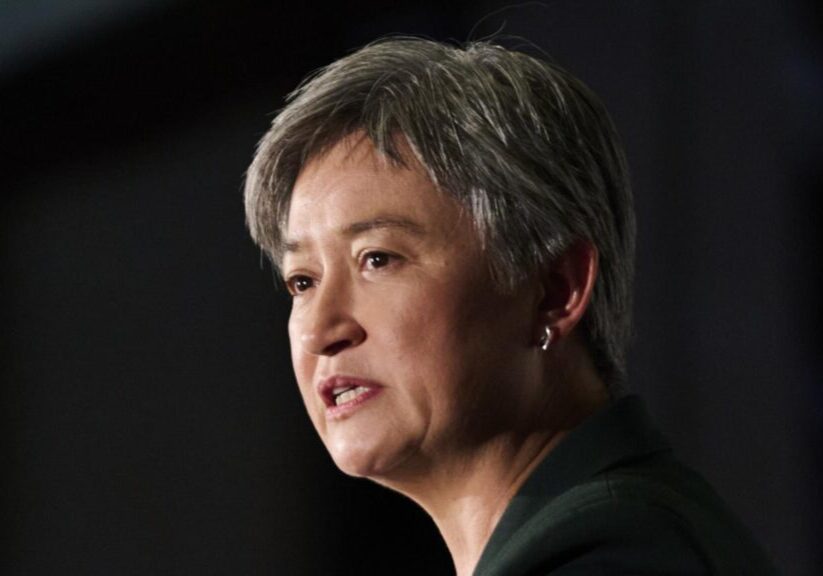IN THE MEDIA
Multiculturalism is still the way to go
Nov 23, 2006 | Colin Rubenstein
Colin Rubenstein
The Sydney Morning Herald – 23 November 2006
MULTICULTURALISM has been official bipartisan policy, federal and state, for more than 25 years. It has helped create and sustain what is arguably one of the most successful multi-ethnic, tolerant democratic societies in the world, and is vital for our social cohesion, economic prospects and positive profile in our region and beyond.
However, some commentators want the policy dumped, blaming multiculturalism for ethnic tensions and other social problems. One proposal apparently being considered by the Federal Government is to drop the term “multiculturalism”.
But it is not multiculturalism that is causing the ethnic and social problems critics identify. Extremists and racists have been assailing the core values that are integral to the Australian concept of multiculturalism, compounded over the years by failures to always apply the policy consistently and effectively. But such problems are challenges to multiculturalism; they are not its products.
Australian multiculturalism has always been about both rights and responsibilities. The policy accepts and respects the “right of all Australians to express and share their individual cultural heritage”, the right to equality of treatment and opportunity, and the removal of discriminatory barriers. But it does so only “within an overriding commitment to Australia and the basic structures and values of Australian democracy”. These values include parliamentary democracy and the rule of law, freedom of speech and religion, mutual respect and tolerance, and English as the language of civic discourse.
It is certainly not the case, as some on both sides of the debate seem to think, that multiculturalism stands for “anything goes” with respect to either anti-democratic beliefs, racist violence, or the promotion of terrorism.
In contrast to the somewhat amorphous assimilationism which preceded it, multiculturalism specifies the cultural traits and core values Australians must share in order to have a viable and harmonious community.
The key concept for multiculturalism has always been integration into the core values and institutions of Australian life, avoiding the pitfalls of the other two discredited models of separatism and assimilationism.
The problems created by a small number of intolerant, separatist and anti-democratic doctrines are serious. No one should flinch from saying as much, but they should be tackled from the vantage point of their rejection of shared core values that are the hallmark of Australian multiculturalism.
For example, the recent remarks by Sheik Taj el-Din al Hilaly about women’s dress and rape are hardly his first expressions of views inimical to multicultural Australia – he also has a long history of anti-Semitism, Holocaust denial, support for terrorism, and other extremist and intolerant expressions.
As the former immigration minister Chris Hurford recently pointed out, it was a major failure of multicultural policy that Hilaly was granted residence and then citizenship, given that his intolerant views were widely known before these decisions were made.
It was a further policy failure to invite him recently to participate in major public forums, such as the Muslim Reference Group.
Other recent challenges to multiculturalism include the ugliness at Cronulla last December; the apparent development of a small terrorism group under Abdul Benbrika which allegedly sought to reproduce something akin to the London subway bombings here; and Melbourne’s Sheik Omran preaching separatism from non-Muslims, violent jihad and racist conspiracy theories about Christians and Jews, allegations of his close links with several figures from the Jemaah Islamiah terrorism group, and being the spiritual leader to a network of individuals under investigation or indictment for terrorism offences.
We have also repeatedly been visited by various overseas Muslim clerics who seek to radicalise local Muslims.
Given the nature of these real challenges to our harmony and security, complicated proposals for more rigorous English language and citizenship tests, based on those in countries, including Britain, which have less multicultural success than Australia, seem to be somewhat beside the point in marginalising such fringe extremist groups.
While no one should ever be excluded on racial or ethnic grounds, immigrants who are openly opposed to the core values central to multiculturalism represent a threat to social cohesion, and have no compelling claim to join a society based on values they despise.
While Australia does have some problems with intolerance and extremism, Australian multiculturalism is not their cause but rather helps to provide the framework for addressing these problems. Arguments to the contrary are essentially proposals to throw the baby out with the bathwater.
Neither the term nor the overall policy of Australian multiculturalism need to be changed.
Instead, while always trying to make it even more effective in matching our rights with our responsibilities, the main thrust should always be on more consistent, rigorous adaptation to changing challenges.
Dr Colin Rubenstein is executive director of the Australia/Israel & Jewish Affairs Council and was, until June 30, a member of the Federal Government’s Council for a Multicultural Australia and its predecessor, the National Multicultural Advisory Council.
Tags: Australasia











